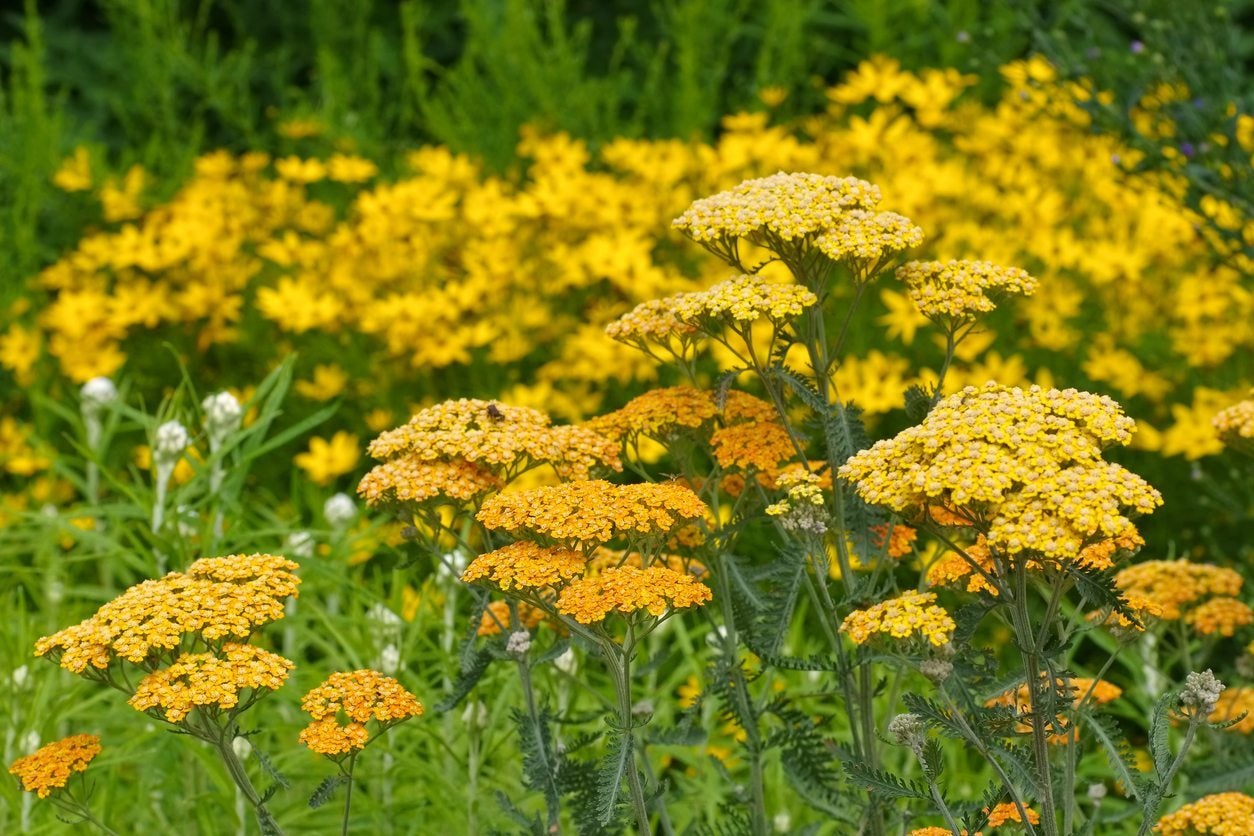Growing Plants For Compost: Plants To Grow For The Compost Pile


Sign up for the Gardening Know How newsletter today and receive a free copy of our e-book "How to Grow Delicious Tomatoes".
You are now subscribed
Your newsletter sign-up was successful
Growing plants for the compost pile instead of just throwing in your kitchen waste is next level composting. Turning your food waste into nutrients for the garden is a great way to reuse and recycle, but you can go even further by growing specific plants to make your compost even richer.
Composting Plants and Biodynamic Gardening
Compost is a great way to avoid waste and also to enrich your gardening, but some gardeners practice more intensive organic methods that include specifically growing plants for the compost pile. Basic composting is pretty simple, and it involves starting a pile of organic waste that can include food waste, grass clippings, twigs, and other garden waste. There are some important steps you have to take, such as turning your compost, but basically the recipe is to throw in whatever waste you have to hand. With plants grown for compost, you add specific plants to the pile to enrich it in a particular way. This is a common practice in biodynamic, or bio-intensive, gardening, and while you may not want to embrace every aspect of these gardening philosophies, take a cue from the rich compost preparations and consider adding specific plants to your pile for optimal nutrients.
Plants to Grow for the Compost Pile
There are several plants that improve compost nutrient content, and most are easy to grow and can become a part of your garden specifically for the purpose of composting, or a secondary purpose. One of the most obvious choices is any type of legume, like clover or alfalfa. These plants fix nitrogen and are easy to grow between rows and at the edges of gardens. Harvest them and toss the clippings into your compost pile for added nitrogen. A couple of herbs are also great composting plants: borage and comfrey. Both grow quickly to give you a lot of greens for the compost pile and add nutrients like phosphorus and zinc. Comfrey is also a good source of macronutrient potassium. Yarrow is another great plant to grow for compost, as it helps with decomposition. Grow extra brassicas in your garden and use the excess in compost. Brassicas include kale and daikon radish. Use the remaining parts of the plants after harvest to enrich the compost pile with extra nutrients. Growing plants for compost is a smart way to enrich your garden, and it’s easy too. Legumes will enrich the soil where they grow and in the compost pile, while brassicas and herbs can do double duty for the compost and at harvest time.
Sign up for the Gardening Know How newsletter today and receive a free copy of our e-book "How to Grow Delicious Tomatoes".

Mary Ellen Ellis has been gardening for over 20 years. With degrees in Chemistry and Biology, Mary Ellen's specialties are flowers, native plants, and herbs.